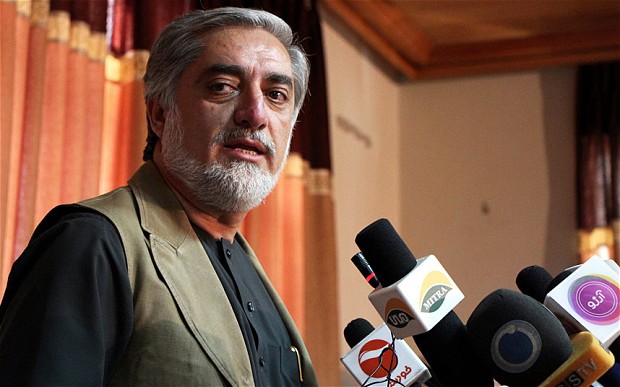Media’s role in elections and potential crisis
During emergency and critical times public try to seek information from various sources, to find what is going on and perceptions of what might happen next. It is the time when media outlets gain importance and it is possible that the media might publish false news, which the public might believe and affect the current affairs to a large extent.
In Afghanistan too, the situation is critical especially because of some significant events such as elections, peace process, withdrawal of foreign troops and BSA, narcotic, economic issues, ongoing conflict and tensions in relation with the neighboring countries and so on affecting Afghanistan situation in long-term.
Role of mass media in crisis
The natural and man-made crisis both can affect a nation and a state. Media can not only play a significant role in crisis and disaster management but in creation, direction and controlling of crisis and disasters too.
The role of the media is important in three stages; pre-disaster, during the disaster and post disaster. The concern about the negative role of media in Afghanistan’s critical situation is serious also because of the behavior and the manner through which the media employees collect and share extravagant and deficient information, and mostly publishes and broadcasts information based on speculations or baseless.
That is clear that now the media plays a significant role in direction of the general public and the media which do not consider the protection of national interests in their priority might continue this manner of their work even in crisis and disasters as well.
Now most of the media harms the national interests under the slogan of freedom of speech. In the first step the managers of the media must pay attention to these issues and instead of creation of the disaster help to solve the problems. In the second step the government must prevent the media from broadcasting and publishing information which threats the national interests; because the national interests are more important than the freedom of speech.
Media and the presidential elections
Naturally most of the local and international media outlets having Afghan audience have supported or opposed programs of a specific candidate, there were only few who were neutral to an extent, but also had a tendency towards one or another candidate. Especially in the run-off elections where the fears of ethnic division grew the media’s negative and hurting role became more problematic. The media started propagation in the favor of one candidate and worst thing was that they were broadcasting negative programs against the rival.
However the Independent Elections Commission (IEC) media commission role was not visible thus the media kept broadcasting and publishing information in favor of one candidate and made the situation more dangerous with regards to ethnic divisions and language based discrimination.
In Afghan media a group which has more audience and was already claimed to be involved in ethnic and linguistic discrimination broadcasts and publishes information which decreases the credibility of the election.
Also the analysts are speaking in the favor of one and another candidate or denounce their opponent candidate, so that their analysis can prevent or limit the flow of the true information.
Afghan government, IEC and other relevant agencies for media could not introduce and enforce comprehensive rules and regulations, in order to coordinate the role of uncontrolled and uncoordinated media in managing the public opinions for protection of the national interests.
Whenever the democratic process which will peacefully transfer the rule from one elected president to another president, faces problems the social media adds fuel to the fire of disagreements. For solving the electoral related conflicts the United Nations Assistance Mission in Afghanistan (UNAMA) intermediated, and the UN Special Representative and Head of the UNAMA Jan Kubiš had also showed his concerns over the negative information that two candidates team publishes and urged them to stop such negative propagandas.
Now the number of users and influence of social networks such as Facebook has increased in Afghanistan, most of Afghans shares their views over different issues which cause disputes in some cases, therefore the Misharano Jirga or upper house of Afghanistan parliament suggested control of the social media over which NDS also showed concerns. However the Ministry of Information and Culture said that they will consider it if it gets serious but it seems that efficient management of the social media has failed as that of other media did.
Following presidential elections run-off the country is facing sensitive political condition due to some particular factors which if not properly managed might take the country towards disorders. Media can play constructive role in preventing disorder and potential crisis. If the media do not refrain from ethnic, linguistic and party favoritism in their discussions on presidential elections they might play major role in disordering situation in the country.
By: Abdullah Elham Jamalzai

